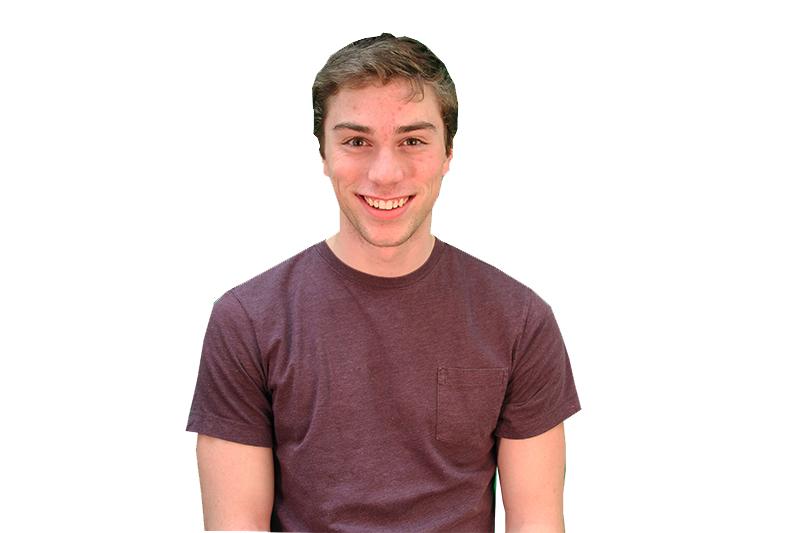Douglas: The danger of great expectations
February 23, 2014
When Michael Sam came out as gay, it was a surprise to the nation, if not to his teammates. Fortunately, the world’s impression that football players and other near-pro athletes must be straight is changing, if ever so slowly. The more educated recognized gay men don’t have to be effeminate, presidents don’t have to be white and movie stars don’t have to be unattainably perfect.
I love living up to people’s expectations. Humans prefer not to disappoint friends, family, romantic partners and the general public. But to what degree must we strive not to disappoint? And at what point should we lower our expectations for someone else? Expectations and stereotyping are easy, dangerous and — when pressure is applied in the wrong place — hurtful.
Consider a noncontroversial example: dogs. Small dogs are perceived as kindhearted balls of fur; larger dogs, ferocious masses of teeth. We all know this isn’t always the case. I own a large dog. She is gentle. My uncle owns a small dog. She is a vicious heathen.
At certain points in my life, I’ve felt I must not act a certain way because it would be inappropriate and contemptible. But it’s when we break through expectations, others’ or our own, beautiful flowers bloom and add color to life. Like Jennifer Lawrence.
I love Jennifer Lawrence. I also know people who hate her. She brings out strong feelings. She refuses to live up to expectations by swearing at award ceremonies, saving the lives of young people and making some impressive faces. In short, she refuses to live up to the celebrity stereotype.
Michael Sam and my girl J-Law have redefined what the respective labels of “college football player” and “movie star” can mean. Strict definitions make life exciting when people break them. However, only the strong people can.
We limit who we believe can bust expectations just by holding them. But even though a Lorax can speak for the trees, it doesn’t mean the trees aren’t trying to speak for themselves, too. If we expect the trees not to speak, we won’t hear them if (and when) they do.
We’ve all been expected to do things. As a white, upper-middle class, homosexual male getting a college degree, I am expected to act a certain way, wear certain clothes, “get” certain cultural references. If I don’t, I surprise people.
Recently, I was walking home from class and a friend of mine exclaimed with pride, “Wow, Sam. You look so straight!” She meant it as a compliment, and at face value, I took it as one. But her expectation that I aspired to “look” straight and to appear different (and somehow better) than I am, hurts.
I didn’t say anything to her, and she didn’t notice. Maybe I’m like a tree and need someone to speak for me. But if she hadn’t expected her remark to be a compliment, maybe she would have been more perceptive to my silent response.
I don’t want to make society responsible for my fear of speaking out, but I do want to notice that if my friend didn’t have the false expectation that I would prefer to “look straight” more than gay, you’d probably be reading about the Olympics, international friendship and global pride.
For Jennifer, our friendly Lorax of film, speaking to our own weariness of perfect stardom, and for Michael, our brave Lorax of sport, speaking for athletes who can’t speak for themselves, our admiration is eternal. But maybe if we didn’t label them at the beginning, we’d be able to hear the trees and not just the Lorax.
Sam Douglas is a Communication sophomore. He can be reached at [email protected]. If you would like to respond publicly to this column, send a Letter to the Editor to [email protected].


